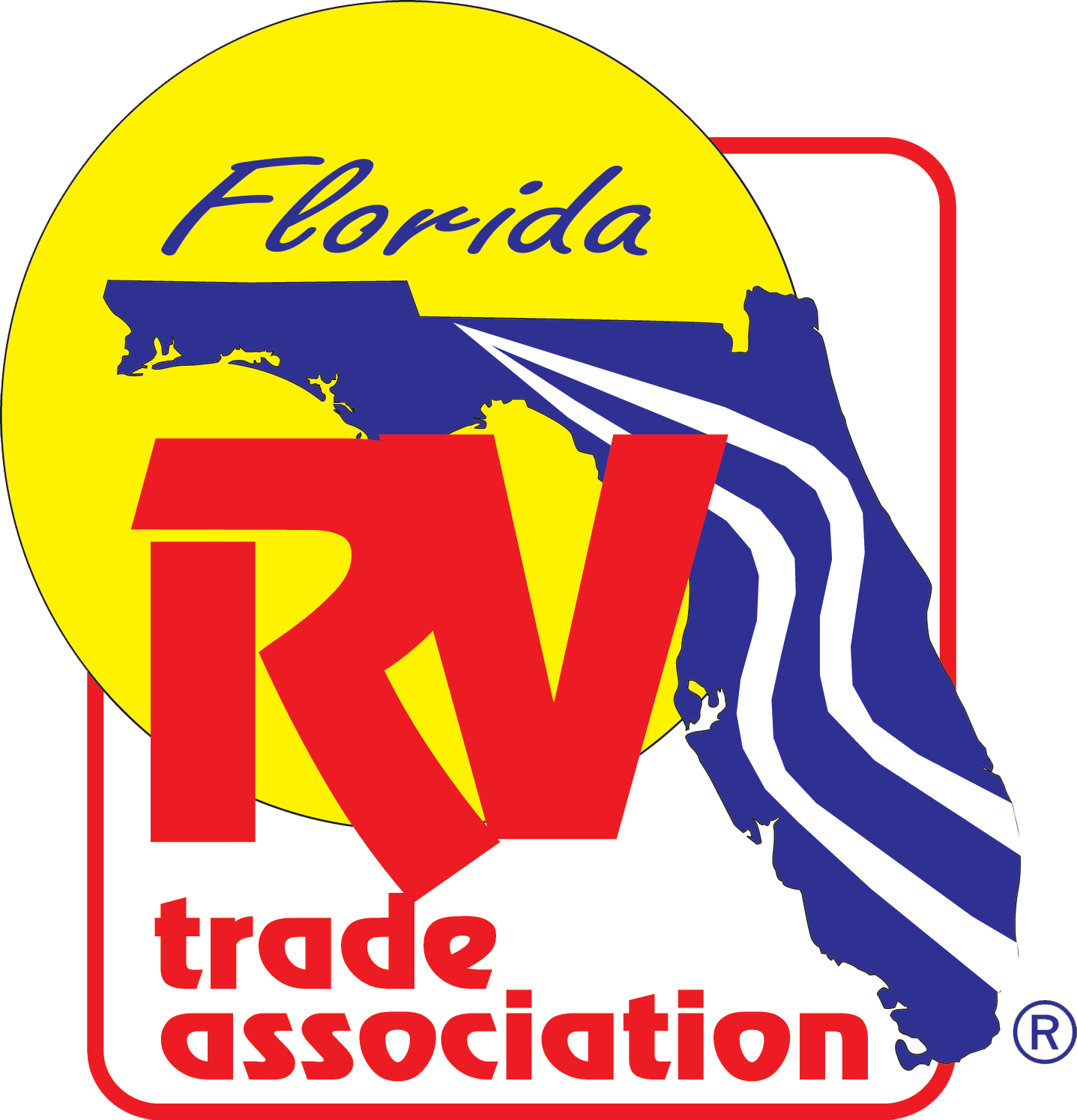As a dealer you’re allowed to purchase extra dealer plates to use for your business. Per Section 320.13, Florida Statutes you can purchase these plates to use on your vehicle inventory while they are for sale. The number of plates you can have is determined by your Garage Lability Insurance (GLI) and the amount specified will be spelled out in your policy. See below for a more detailed description of how to acquire your dealer plates. Now, there are some rules on when you can’t use them, but first let’s talk about when you can.
Vehicles that are operated in connection with your business can use your dealer plates. This also counts for vehicles that are being used for demonstration, vehicles that are traveling to or from your dealership, loaner vehicles to customers while repairs are being made to their own vehicle (make sure your insurance covers this!) and on other service type vehicles used by the dealership. Please note, wreckers and tow trucks are not permitted to use dealer plates and should not be counted as service vehicles in this scenario.
There are a few situations in which you would not be able to use your dealer plates that revolve around compensation. If aservice vehicle is picking up or hauling product for compensation, or a customer is using a loaner vehicle and then you charge them for it, those scenarios would be unlawful for you to use your dealer plates. Any wrecker, even if it is in your inventory, tow trucks or car carriers may not use dealer plates. Lastly, using dealer plates to avoid the titling and registration process or to avoid paying taxes is also not permitted.
Even though the laws permit you to use dealer plates in certain situation, you may find that some law enforcement officers have a more conservative view on how those laws are interpreted. There have been some dealers. Here are some examples of dealer personnel who have received traffic citations while operating vehicles that were in the dealership’s inventory and were for sale but, in the eyes of the law enforcement office, were not being used in connection with the dealership’s business:
A dealership principal was driving his child to school in a dealership vehicle that had a dealer license plate. He was stopped by a law enforcement officer and was advised that driving a child to school is not part of the dealership’s business. He was issued a traffic citation for improper use of a license plate.
A dealership sales associate was driving a dealership vehicle (as a demonstrator) with a dealer plate one Friday evening while he was accompanied by his girlfriend. The sales associate was stopped by a law enforcement officer,and he was asked what he was doing and where he was going. He stated he was taking his friend to a movie. The officer stated that taking his friend to a movie is not considered operating the dealership’s vehicle in the normal course of the dealership’s business. He was issued a traffic citation for driving with an unauthorized license plate.
Although the Division of Motorist Services would have allowed the use of a dealer license plate in the above two examples, law enforcement did not. Therefore, you should be careful if and when operating dealership vehicles with dealer plates. If you are planning on driving a vehicle using dealer plates you may find it helpful to print out this DMV Letter to keep handy in the event you find yourself pulled over by law enforcement, although it is not guaranteed to get you out of a ticket.
This is a very highly regulated process. Your GLI certificate must be submitted to your Regional Motorist Services Office. This certificate will reflect the number of dealer plates you are authorized to purchase. The Regional Office will enter into the Division of Motorist Services database (known as FRVIS – Florida Realtime Vehicle Information System) the number of dealer plates you are authorized to purchase. When you purchase dealer plates from the Tax Collector’s Office or from a license plate agency, they will only be able to sell you the number of dealer plates reflected in FRVIS.
If you have need for additional dealer plates, you must have your GLI certificate updated and you must deliver that certificate to your Regional Office so that the information can be updated into the FRVIS database. Failing to provide the Regional Office with the updated information will result in your not being permitted to purchase additional dealer license plates.
Because Motorist Services may audit dealer plates during a records inspection, dealers must promptly report lost or stolen dealer plates and you must be able to account for all dealer license plates, owned by your dealership, during the records inspection.
Click to access DE18-003 Regarding Dealer License Plates (1)
